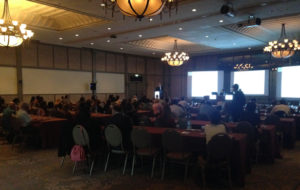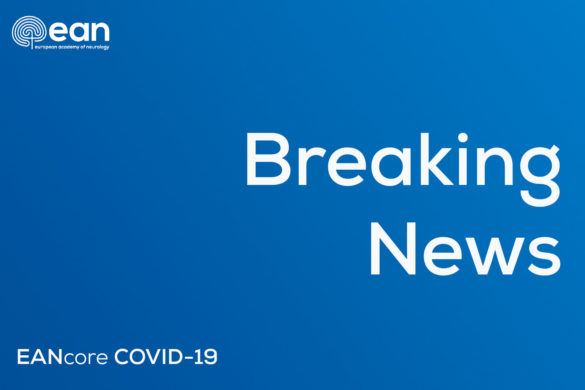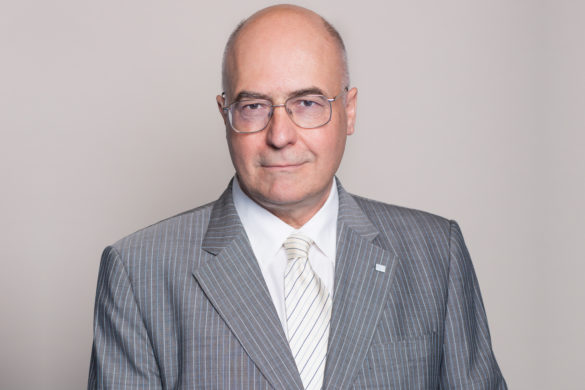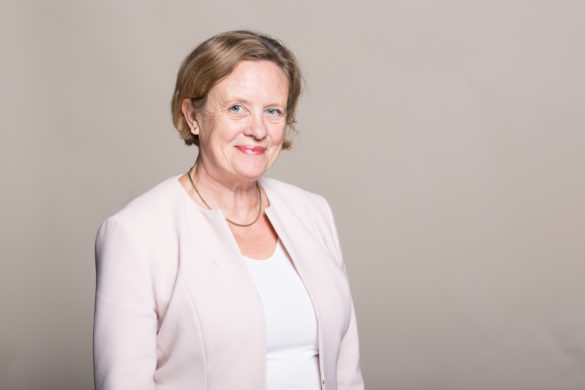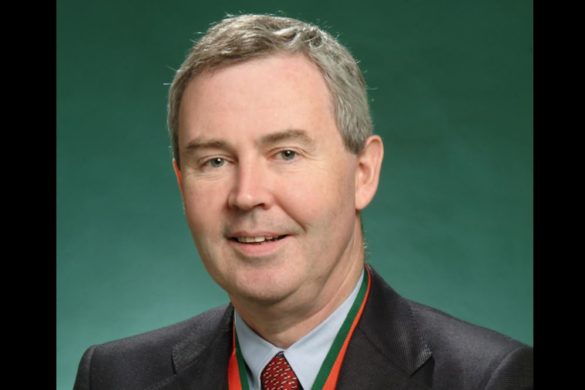Situated at the north-eastern end of the Mediterranean basin, Cyprus is the third largest island in the region, with an area of 9,251 square kilometers (3,572 square miles). Cyprus is a small island with a long history and a rich culture that spans 10,000 years, making it one of the oldest civilizations in the Mediterranean area. Situated at the crossroads of three continents – Europe, Asia and Africa – the island’s unique geographic position has played an important part in its turbulent past since antiquity. The island was divided in 1974 following the Turkish invasion.
Nicosia is the capital, located in the heart of the island, whereas the major cities are Limassol, Larnaca, Paphos, and Ammochostos. With its rich culture, Cyprus features many important sights. Additionally, the island holds an important place in the history of literature, with popular Modern Greek Cypriot literary figures including the poet and writer Kostas Montis, Dimitris Lipertis, Vasilis Michaelides, and Pavlos Liasides who are folk poets. Cyprus is also very proud for its most worldwide known Cypriot film director to have worked abroad, Michael Kakoyiannis, best known for his 1964 film “Zorba the Greek”.
The island enjoys an intense Mediterranean climate, with long dry summers and mild winters, which are separated by short autumn and spring seasons.
Medical Universities have been established only very recently in Cyprus. Beforehand, all the medical professionals on the island were trained abroad. The first initiative came from the private sector with the establishment of the postgraduate program of St. Georges University Medical School London, at the University of Nicosia. Since then, the European University of Nicosia has also established medical school programs, and more recently the University of Cyprus, which is the official state-run university, beginning its own 6-year program with the first medical students expected to graduate within 3 years’ time.
The Cyprus healthcare system is divided into public and private sectors. Public healthcare is either inexpensive or free, at least for citizens of the EU, and even private healthcare costs can be relatively affordable. Both state-funded and private hospitals can be found in all of Cyprus’s major cities. Public healthcare in Cyprus is administered by the Ministry of Health and financed by taxes.
The public sector financed by public taxation ensures access to health services for all beneficiaries and income related criteria are applicable for that status, exclusively financed by the state budget.
The private sector is mostly financed by out-of-pocket payments and an ever-increasing private health insurance sector. Health services are provided by private hospitals, polyclinics, clinics, diagnostic centers, pharmacies and independent practitioners, which are under the inspection, regulation, and licensing of the Ministry of Health.
The Cyprus Neurological Society (CNS) has currently 42 members. Of these, some are retired, some practice a combination of neurology and psychiatry, and only about 25 members practice neurology exclusively, 11 of them being women. The CNS was established in 1997 and its head offices are in Limassol. The current president of the CNS is Dr. Costas Michaelides. The CNS is a non-profit organization and aims to elevate and promote neurology in Cyprus with research, lectures, announcements, publications, to keep medical ethics as they appear in the statute of the Pancyprian Medical Association and to promote the relationship with other international neurological societies. Very often the CNS organizes conferences with interesting subjects on neurology and attendees and speakers from around the world.
The population of the island is 850,000 which amounts to a ratio of 1 neurologist for 34.000 people.
Currently neurology is not offered in Cyprus as a specialty training, and therefore all the practicing neurologists have trained abroad, most of them in Greece, Germany, UK, and USA.
Due to the population constraint in Cyprus, it is difficult for a neurologist to exclusively concentrate on one area of the field and so nearly all neurologists treat a combined pool of patients involving all aspects of the specialty. This is an attractive proposition as it gives the members of our society expertise in the management of a variety of different conditions.
Over the past 20 years, significant epidemiological as well as genetic research has taken place at the Cyprus Institute of Neurology and Genetics (which also offers clinical neurology services), and the University of Cyprus, most notably concerning congenital myopathies and neuropathies such as Charcot – Marie – Tooth disease. Other diseases of note where research has taken place are multiple sclerosis, Friedreich’s ataxia and ALS. In addition to the above, there are clinical programs running in a variety of mainly private institutions in Cyprus such as the American Medical Centre, the Ygeia Polyclinic in Limassol and Aretaeio Private Hospital in Nicosia, regarding acute stroke management, functional neurosurgery such as DBS for Parkinson’s disease and Epilepsy surgery.
Please find contributions form Cypriotic authors in the European Journal of Neurologc here
by Dr. Costas Michaelides, President of the Cyprus Neurological Society with the help of Anna Koumoushi – copywriter.


